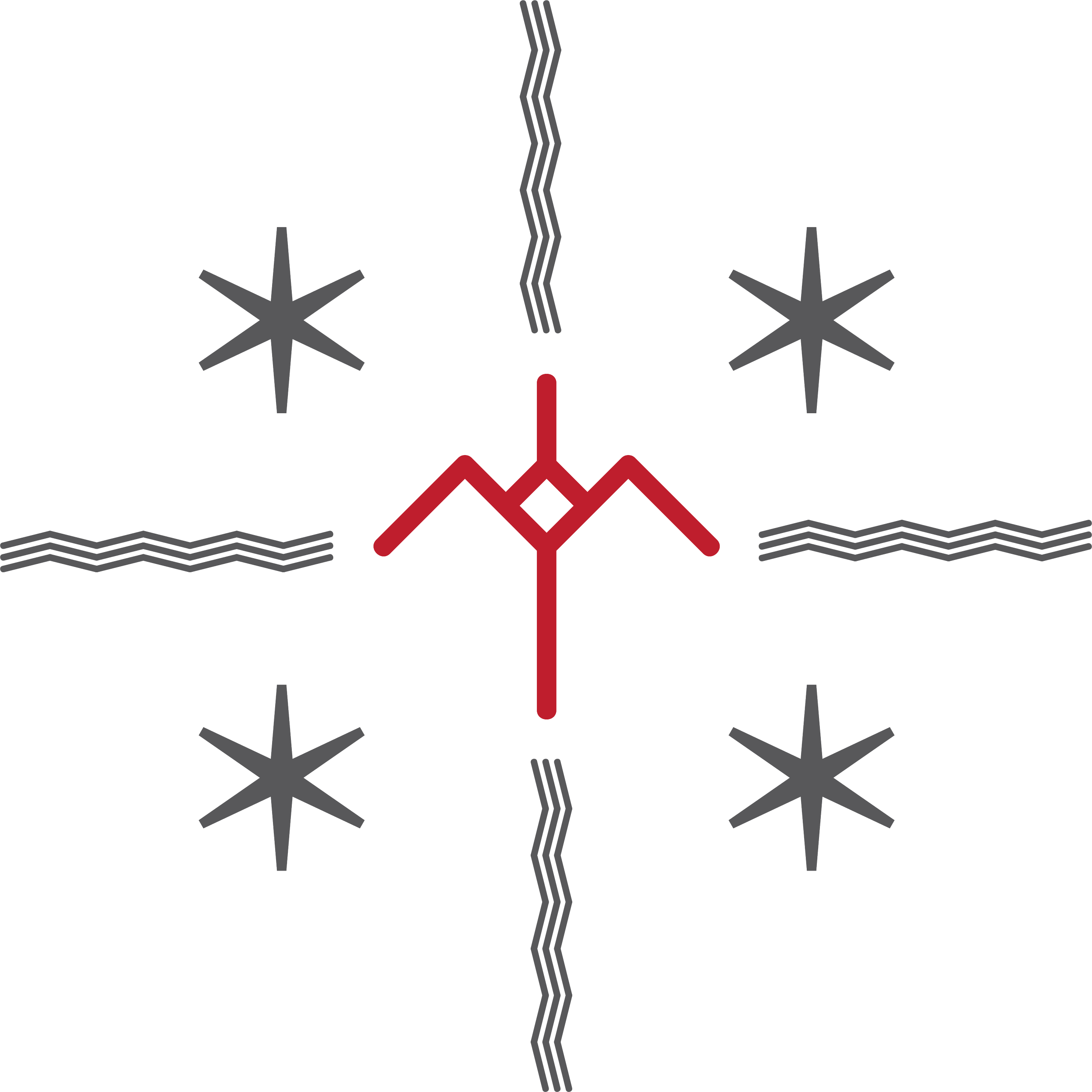Exploring the Healing Power of Tattoos
***Disclaimer***
This article was AI generated and while it’s purpose is to be informative, it does:
A - Not reflect our personal views in any way and
B - Should not be relied upon as a sole source of information for the subject under discussion.
Title: The Transformative Art: Exploring the Healing Power of Tattoos
In a world where self-expression knows no bounds, tattoos have emerged as a profound form of personal storytelling. Beyond their aesthetic appeal, tattoos carry a deeper significance for many individuals—they serve as symbols of identity, resilience, and healing. The act of adorning one's body with ink can be a cathartic journey, offering solace and empowerment in times of struggle.
**A Canvas of Healing:**
Tattoos have long been associated with various cultures and traditions, each imbued with unique meanings and rituals. In recent years, however, tattoos have transcended mere decoration to become powerful tools for emotional and psychological healing.
For some, getting a tattoo represents a tangible way to reclaim ownership of their bodies after experiencing trauma or illness. Survivors of cancer, for instance, often commemorate their journey through ink, symbolizing their strength and resilience in the face of adversity. Similarly, individuals recovering from addiction may choose tattoos as a reminder of their journey towards sobriety, marking each milestone with a new design.
**Inked with Intent:**
What sets tattoos apart from other forms of art is their permanence—a characteristic that can be both daunting and liberating. When someone decides to get a tattoo, they are making a conscious choice to etch a moment, a feeling, or a memory onto their skin forever. This intentionality infuses each tattoo with a profound sense of meaning, serving as a constant reminder of one's personal narrative.
Moreover, the process of getting a tattoo itself can be therapeutic. The rhythmic buzz of the tattoo machine, the sensation of the needle against the skin—it's a visceral experience that allows individuals to connect with their bodies on a deeper level. For many, the pain of the tattooing process is cathartic, serving as a physical manifestation of emotional release.
**Empowerment Through Art:**
Tattoos also provide a platform for individuals to reclaim their narratives and challenge societal norms. For marginalized communities, tattoos can be a form of resistance—a way to assert their identities in a world that often seeks to silence or erase them. Whether it's through cultural symbols, affirming mantras, or images of resilience, tattoos offer a means of self-empowerment and defiance against the status quo.
Moreover, tattoos have the power to foster a sense of belonging and community. Tattoo parlors often serve as safe spaces where people from all walks of life can come together to share their stories and celebrate their shared experiences. In this way, tattoos become more than just ink on skin—they become catalysts for connection and understanding.
**Conclusion:**
In a society that often stigmatizes mental health struggles and marginalizes certain identities, tattoos offer a beacon of hope and healing. They provide a canvas upon which individuals can paint their stories, reclaim their bodies, and forge connections with others. Whether it's commemorating a triumph, honoring a loved one, or simply expressing oneself, tattoos have the power to transform pain into beauty and adversity into strength. In the end, they remind us that healing is not just a destination—it's a journey, and sometimes, the path is etched in ink.
